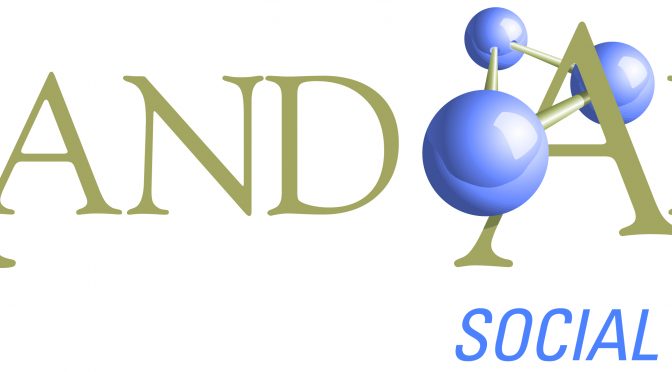By: Karen Griessel, Social Worker at Rand Aid’s Wedge Gardens Treatment Centre
World-wide Worry is a phrase used to refer to someone who spends too much time using Facebook, Twitter, WhatsApp, Instagram and other forms of social media – to the point that it interferes with other aspects of their daily life.
The cluster of behaviours associated with the heavy or excessive use of social media has become the subject of research.
Generally, addiction usually refers to compulsive behaviour that leads to negative consequences – when people feel compelled to do certain activities, which become a harmful habit that interferes with their responsibilities and activities.
A social networking addict could be considered someone who constantly needs to check their status updates or stalks others’ profiles for hours on end.
Does spending three to five or even seven hours a day online mean one is addicted, or could one argue that they are just networking or gaining information?
Researchers have found that self-disclosure stimulates the brain’s pleasure sensors much like sex and food do. With this physiological and biological addictive undertone, this finding is rather alarming.
Anxiety is a definite symptom of not being able to do an activity. For example, when a smart phone’s battery dies or there is no data, WiFi or electricity available.
Further research is exploring the impact of social networking on real-world relationships, especially marriage, and some have questioned whether the excessive use of social media could play a role in divorce – because it weakens human ties and ironically leaves the individual feeling more alone.
The big question then is, can social media use develop into a pathology or mental disorder? We know, for sure, that it has the potential to cause long-term damage to our emotions, behaviour and relationships. The harm lies in a person’s change in behaviour, which has been linked to depression and loneliness.
There is an unrealistic expectation that your online friends will be there for you in real life, which is rarely the case. The problem with social media is that self-image relies mainly on others and their opinions.
There is no recognised treatment for social media addiction. Although there is research being done on it, there is no social media addiction classification.
For more information about Wedge Gardens Treatment Centre, visit www.wedgegardens.co.za, email: wedgegardens@randaid.co.za or call 011 430 0320 or 071 690 4942.
